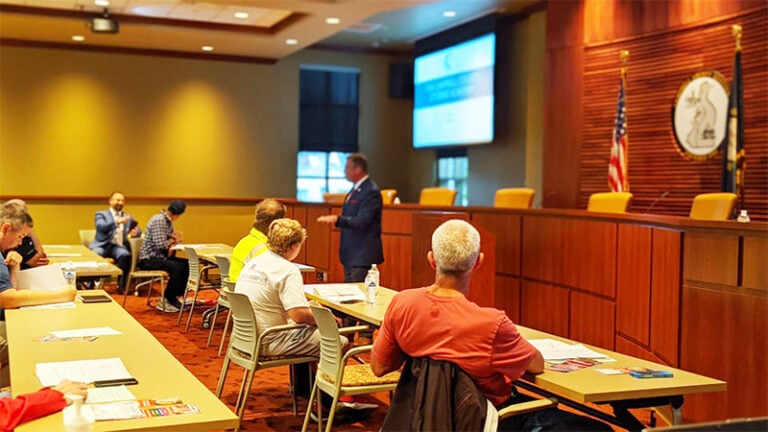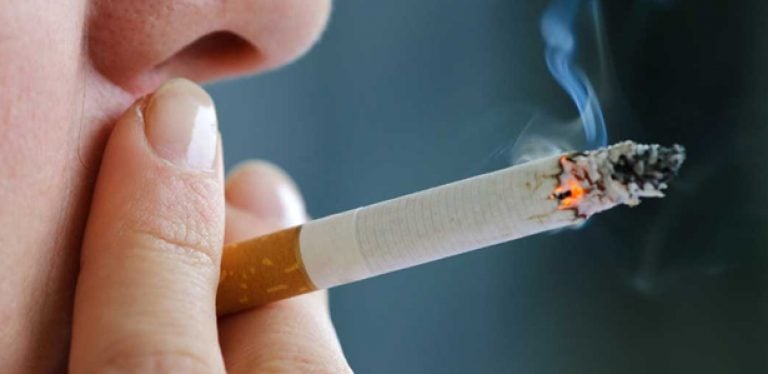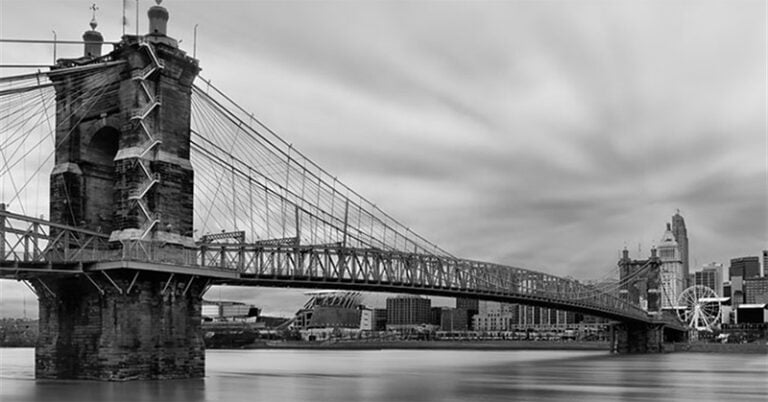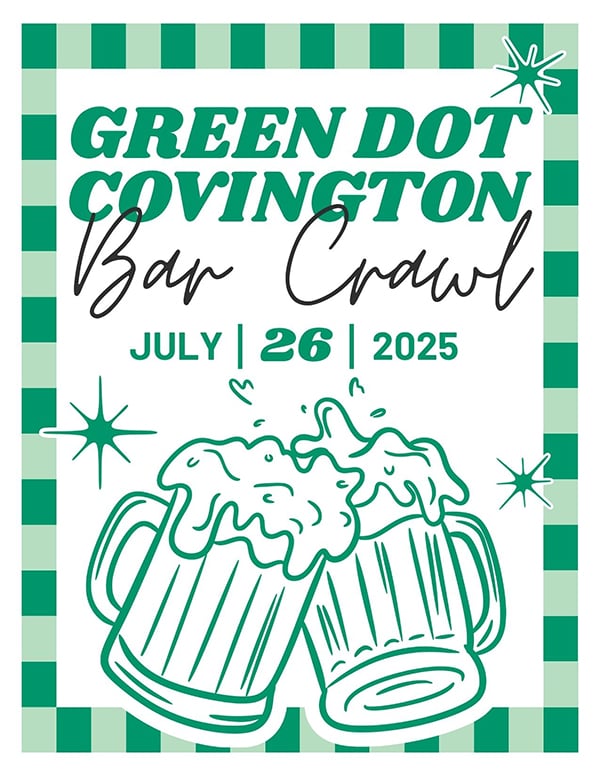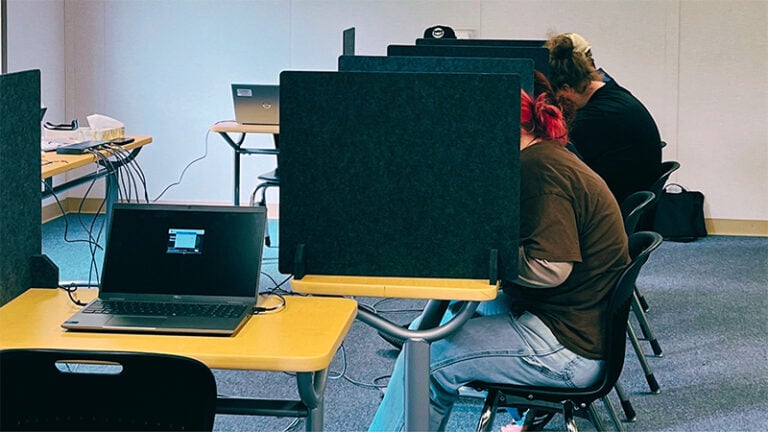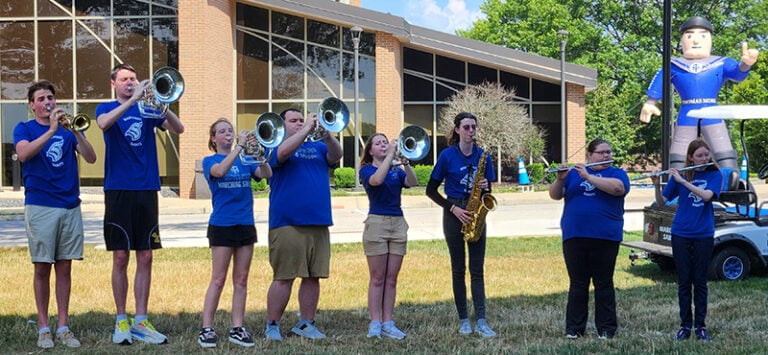Kentucky’s signature Bourbon and distilled spirits industry set two modern era records last year by filling more than 2.1 million barrels of Bourbon and aging 9.1 million total barrels of spirits, the Kentucky Distillers’ Association has announced.
That’s the highest inventory in the 52 years that barrel inventory records have been kept at the KDA, a nonprofit trade group. It’s also the first and only time since 1967 that distillers filled more than 2 million barrels of America’s only native spirit.
The previous record was 8.7 million total barrels in 1968 and 1.9 million barrels filled in 1967.
Of the 9.1 million barrels of spirits, Bourbon makes up the largest amount at 8.5 million barrels.
Kentucky now counts two barrels of Bourbon and aging spirits for every person living in the Commonwealth, according to the latest U.S. Census projections that estimate the state’s population at 4.5 million residents.
“This is a historic day that cements Kentucky’s rightful title as the one, true and authentic home for Bourbon and distilled spirits,” KDA President Eric Gregory said. “It’s also further proof of Kentucky Bourbon’s monumental economic impact and ever-increasing demand.”

Amounts include all distilleries compiled from state Department of Revenue data as of Jan. 1. Founded in 1880, the KDA represents 39 of the state’s distilleries, from legendary, global brands to emerging distillers that are building upon centuries of craftsmanship and tradition.
Kentucky Bourbon is one of the Commonwealth’s most historic and treasured industries, a thriving $8.6 billion economic engine that generates more than 20,100 jobs with an annual payroll topping $1 billion, according to a study announced earlier this year.
Despite these record-breaking statistics, Gregory said there’s still much work to be done.
Taxes: Bourbon production has skyrocketed more than 350 percent since the turn of the century, triggering a $2.3 billion building boom, expanding production and warehouse capabilities and pioneering advanced visitor centers that are significantly elevating Kentucky’s tourism profile.
But distilling remains the highest taxed of all 532 industries in the state, Gregory said, and distillers this year are paying a record $25 million in barrel taxes, a discriminatory tax that hampers growth and investment.
The tax-assessed value of all aging barrels is now $3.4 billion, double the rate since 2009.

Kentucky is the only place in the world that taxes aging barrels of spirits. This discriminatory inventory tax on Bourbon is already having an impact on the number of distilleries locating in the Commonwealth, which now ranks 13th in the country in the number of operating distilleries.
“Kentucky needs to protect its signature industry and not let it become economically uncompetitive and disadvantaged for tax and regulatory reasons,” Gregory said. “Kentucky cannot afford to lose its historic distilling monopoly.”
The Kentucky General Assembly passed the Bourbon Barrel Reinvestment Credit in 2014, which sought to offset the barrel tax by giving distilleries a credit against their corporate income taxes and requiring the money to be reinvested in their Kentucky facilities.
The credit has helped spur tremendous growth, Gregory said, but rapidly increasing barrel taxes are now far outpacing the amount of corporate income tax credit that’s allowed, particularly since the legislature lowered the corporate rate last year.
Gregory reiterated the call for lawmakers to make the credit refundable. “Just think of the jobs, revenue and investment we would create and attract if distilleries could realize the full benefit of the barrel credit,” he said.
“We are grateful that policymakers recognize the vital role this homegrown industry plays in jobs, revenue and tourism, but we should not have a tax structure that penalizes increased production and capital investment on any manufacturer,” he said.
Tariffs: Escalating tariffs and never-ending trade wars continue to pose serious threats to global exports of Kentucky Bourbon, especially to EU countries, the largest market. The KDA recently joined other world whiskey associations in calling for an immediate return to free and fair trade.
The announcement of historic barrel inventories should not be interpreted as an allaying of those fears, Gregory said. Distillers had hoped that the trade wars would be a short-term challenge, and barrels filled last year won’t be matured and bottled for several more years.

Kentucky Bourbon exports had been increasing an average of 25 percent a year since 2016, but have dropped 20 points through August of this year. EU exports, which had been averaging 38 percent growth, have plummeted to -1 percent through August compared to the same time last year.
“Kentucky Bourbon is collateral damage in a trade dispute that has nothing to do with us,” he said. “While we remain hopeful for a resolution soon, the impact on our industry, our partners and our farm families is significant and growing.”
Safety: As the number of barrels continues to climb, the Commonwealth also has seen enormous growth in new, state-of-the-art warehouses. Gregory said KDA members are leading the way in developing warehouse best practices as a model for distilleries around the country.
The KDA’s technical advisory group is working with industry experts, engineers and the University of Kentucky to study structural design elements and explore innovative solutions like smart plumb bobs, advanced lightning protection and enhanced containment systems.
In 2010, KDA led the initiative to adopt the state’s first-ever building codes for new warehouses with the Kentucky Office of Housing & Building Codes. Since then, more than 100 new warehouses have been built, with dozens more planned in the next five years.
The KDA Board of Directors also has adopted a detailed warehouse maintenance checklist for members, he said, and a tourism guide to ensure the safety of guests visiting the KDA’s world-famous Kentucky Bourbon Trail® and Kentucky Bourbon Trail Craft Tour® experiences.
Bourbon tourists made a record 1.4 million distillery stops in 2018 – a 370 percent increase over the last 10 years. The Kentucky Bourbon Trail® tour alone logged one million visits for the first time since its creation by the KDA in 1999.

The KBT Craft Tour® tallied 340,000 distillery stops, the most since its founding in 2012.
Responsibility: Amidst the boom, Kentucky distillers are committed to growing responsibly.
In the last year, the KDA and its Safe Ride KY coalition partners have initiated programs that delivered more than 8,000 sober rides to prevent impaired driving and stopped underage access to alcohol by catching over 1,000 fake IDs at distilleries with Intellicheck AgeID software.
The group also has championed social responsibility as a key legislative priority and advocated for the successful passage of Senate Bill 85 in 2019. The new law strengthens Kentucky’s DUI laws and makes effective monitoring and treatment options available to all DUI offenders.
“While we are extremely proud of our growth in terms of barrels and inventory, we’re even more thrilled with the tremendous progress that the industry has accomplished in terms of responsibility, safety and environmental sustainability,” Gregory said.
“The KDA and its members will continue to commit significant resources to ensure that our distilleries, and our communities, are a welcome and safe place for all. It’s good for our revered industry, our families and friends, and for our beloved Commonwealth.”
From Kentucky Distillers’ Association









